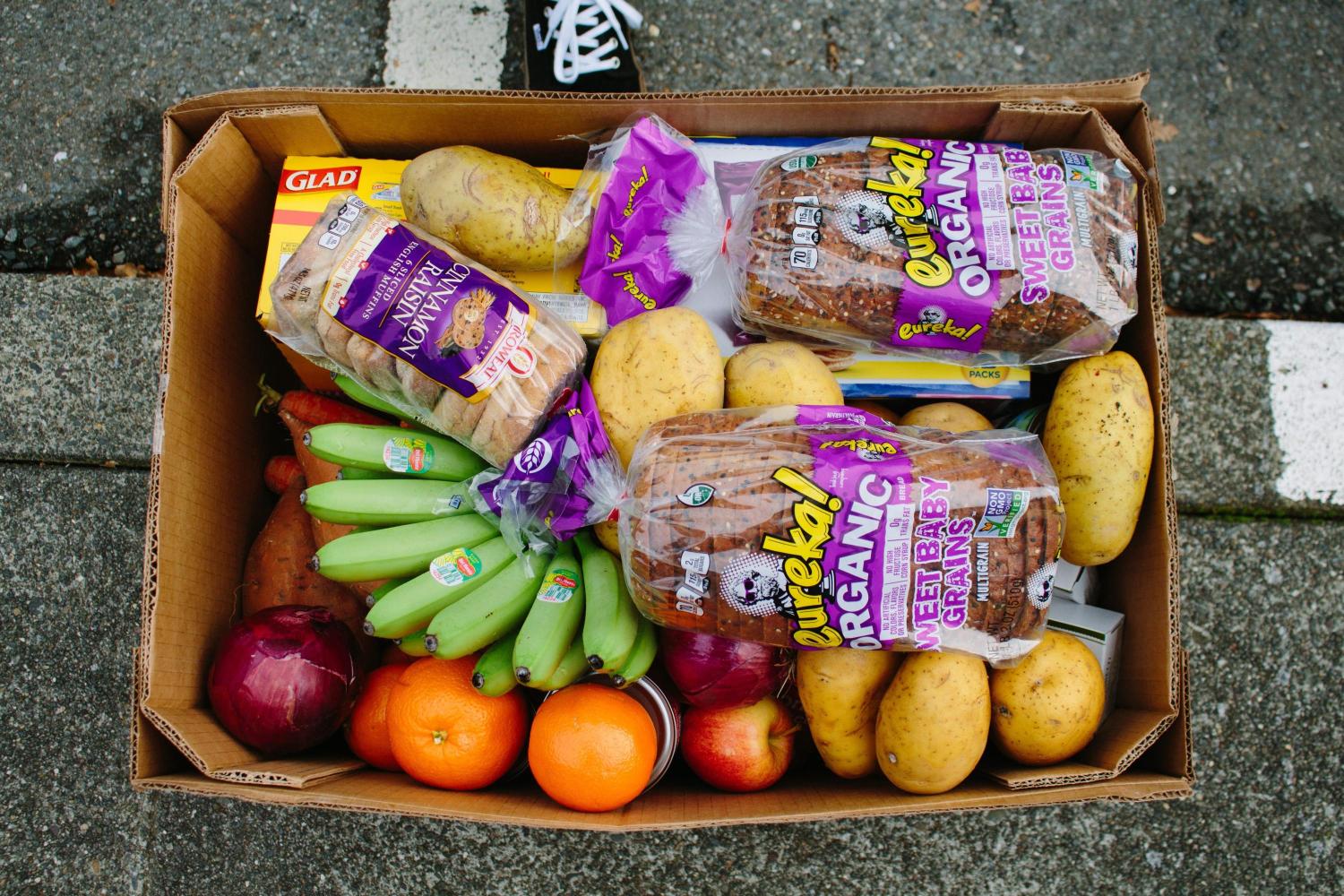
The economic data suggests that this holiday season is a mixed bag for companies so far, but for countless U.S. families, the bag, or should we say cupboards, are empty. Food banks from Oakland to Orlando to Philadelphia are struggling to keep up with demand. Their employees and volunteers face an uphill climb as surging food prices and ever-present supply chain snags are making it more complicated for them to help families still trying to get back on their feet while the pandemic still lingers.
Little relief is in sight, though this week’s Giving Tuesday has offered a lift to some food banks. But overall, that's a blip in assistance, not a spike.
Companies that want to assist but are in need of ideas on how they can help can take notes from this northern California tech company.
San Francisco-based Afresh operates a platform that harnesses artificial intelligence (AI) to help grocery retailers run their fresh food supply chains run more efficiently. If deployed successfully, Afresh’s AI can help grocers reduce their losses from perishables that end up spoiling; and in turn, the technology can help keep food out of landfills, saving money for retailers and companies alike.
Editor's note: Be sure to subscribe to our Brands Taking Stands newsletter, which comes out every Wednesday.
Now, the four-year-old company seeks to pay it forward. Afresh and its employees recently adopted a Bay Area food bank. Going beyond cash donations, the company has also pledged to help the San Francisco-Marin Food Bank with volunteers once a week. Afresh employees volunteering their time will allow the food bank’s staff to deploy other volunteers to other food banks and pantries that are struggling with boots on the ground as they meet increased demand.
“We can’t run our local food pantries or provide our vital services like home-delivered groceries without volunteers. The pandemic caused not only a huge increase in need but also a shortage of volunteers,” said Katy Mann McKnight, Director of Community Engagement at the San Francisco-Marin Food Bank, in an emailed statement to TriplePundit. “We are so grateful to Matt Schwartz [the company's CEO] and the Afresh team for being the first company to adopt a food pantry and provide us with the ability to focus our efforts on other locations and programs. We hope this partnership will inspire other companies to do the same.”
The San Francisco-Marin Food Bank currently distributes about 1.3 million meals a week to 52,000 households – 20,000 more than before the pandemic. As with other food banks that serve regions with a high cost of living, such organizations won’t see a reduction in demand anytime soon as many families cope with accumulated back rent and mortgages.
As is the case across much of the U.S., California’s re-opening this past summer masked continuing problems. While some people have been moderately or untouched by pandemic’s economic impacts, food banks are clearly facing continuing support needs by a larger number of people who are still harder-hit than before last year’s COVID-19 shutdown. Continuing that high level of financial and logistical support is essential for effective food bank operations and crucial for supporting the large numbers of local food-insecure families across the country.
Image credit via San Francisco-Marin Food Bank press room

Leon Kaye has written for 3p since 2010 and become executive editor in 2018. His previous work includes writing for the Guardian as well as other online and print publications. In addition, he's worked in sales executive roles within technology and financial research companies, as well as for a public relations firm, for which he consulted with one of the globe’s leading sustainability initiatives. Currently living in Central California, he’s traveled to 70-plus countries and has lived and worked in South Korea, the United Arab Emirates and Uruguay.
Leon’s an alum of Fresno State, the University of Maryland, Baltimore County and the University of Southern California's Marshall Business School. He enjoys traveling abroad as well as exploring California’s Central Coast and the Sierra Nevadas.














